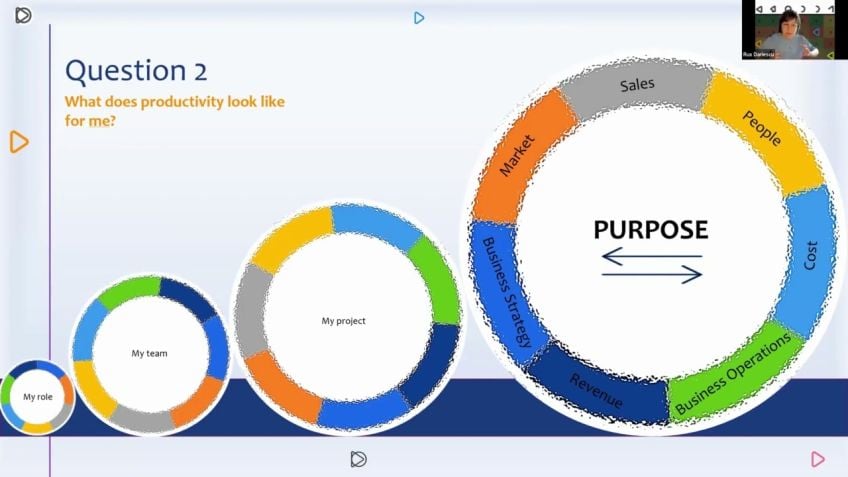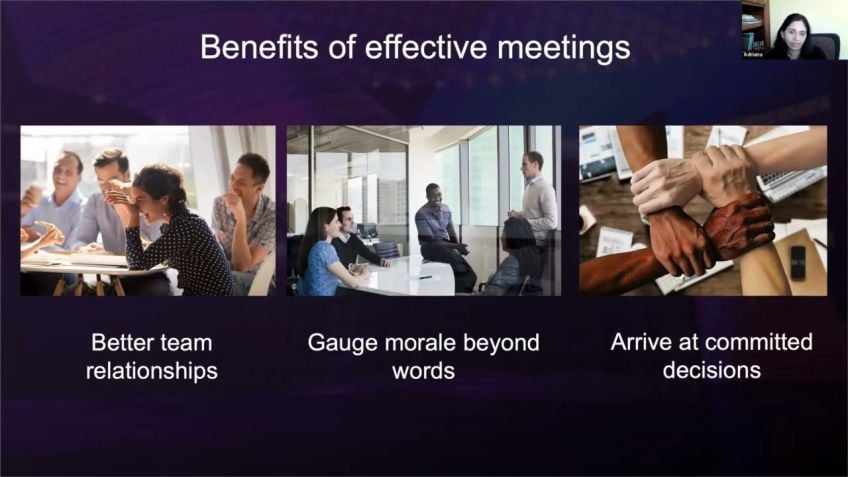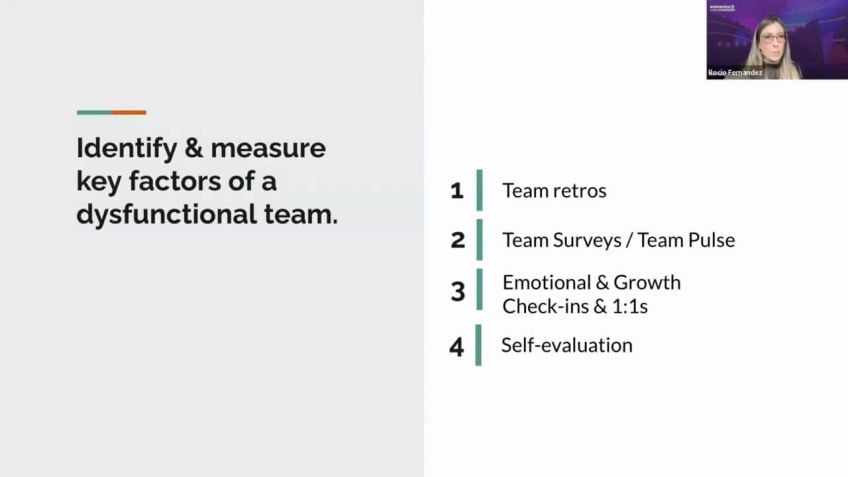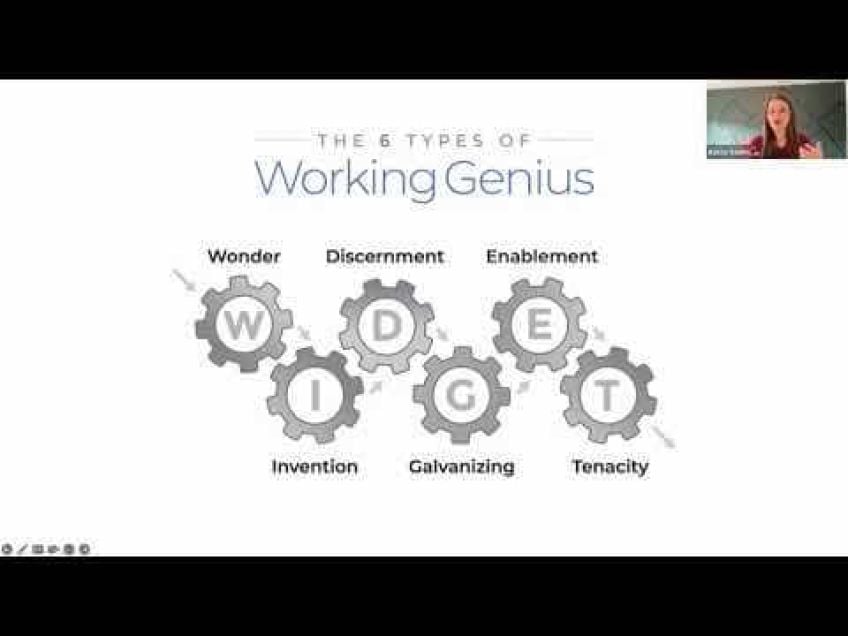
Imagine this scenario: You're wrapping up a busy day, looking over your to-do list stained with coffee spills. You take a moment to reflect, noticing that most tasks are still pending. Does that resonate with you?
You've spent a full day at your desk, but there's still so much left to do. Don't worry! Enhancing your efficiency isn't about miracles; it's about making smart adjustments. Here's a refreshed guide based on proven strategies to help you conquer your workdays.
1. Time Management
Effective time management is crucial for enhancing productivity. For example, consider the sheer volume of meetings held in the United States - over 55 million every week. By allocating specific time blocks for meetings and sticking to the agenda, one can prevent them from becoming time-drains. Remember, the average worker spends 3 hours in meetings every week, which can add up quickly if not managed efficiently.
"After learning to prioritize my tasks, I found clarity. It's like decluttering your home; you suddenly know where everything is." - Michelle, Software Engineer
2. Prioritize Tasks
Prioritizing tasks ensures that you focus on what's most important. Imagine preparing for an upcoming meeting: instead of diving straight into the details, start by listing out the key objectives. This approach ensures that the most critical topics are covered first, making the meeting more efficient.
"Breaking down my projects into smaller tasks was a game-changer. It made daunting tasks feel achievable." - Priya, Software Developer
3. Limit Multitasking
Multitasking may seem efficient, but it often leads to errors and oversights. Take meetings, for instance. If you're checking emails while discussing a project, you might miss essential points or provide inadequate input. Instead, dedicate your attention to one task or meeting at a time.
"I used to pride myself on being a multitasker. But when I focused on one thing at a time, the quality of my work improved dramatically." Laila, Product Manager
4. Eliminate Distractions
Distractions are productivity's worst enemy, and meetings are a prime example. With 71% of meetings considered unproductive, it's evident that distractions play a significant role. Workers spend an average of 31 hours per month in unproductive meetings, so it's essential to ensure that meetings have a clear purpose and are free from unnecessary interruptions.
"Cutting down on unnecessary meetings was a revelation. I regained hours of my week and could focus on what truly mattered." Fatima, DevOps Engineer
5. Set Clear Deadlines
Deadlines can drive action and prevent procrastination. For instance, if you're leading a meeting, set a strict ending time. This not only respects everyone's time but also ensures that discussions remain focused and purpose-driven.
"Once I began setting my own deadlines, even for smaller tasks, I felt more in control and less stressed." Irene, QA Engineer
6. Take Regular Breaks
Regular breaks can actually boost productivity. If you've ever sat through a long meeting, you know the value of a short pause to stretch or grab a coffee. Breaks help to refresh the mind and can make subsequent discussions more fruitful.
"Incorporating short breaks into my day not only boosted my mood but also my creativity and problem-solving skills." Soo-Min, AI Specialist
7. Learn to Delegate
Delegation is a skill every leader should master. If you're in charge of a meeting, consider delegating certain responsibilities like note-taking or timekeeping. This allows you to focus on guiding the discussion while ensuring all essential tasks are covered.
"Learning to delegate was hard, but it allowed me to focus on my strengths and brought unexpected growth to my team." Beatrice, Tech Lead
8. Use Technology Wisely
Technology can be a boon or a bane. While it's tempting to use every new tool or app, consider their actual utility. For meetings, using a shared calendar or a project management tool can help streamline discussions and keep everyone on the same page.
"When I started being selective about the tools I use, I noticed a drastic change. Using a shared calendar for team meetings made coordination effortless. It's not about having many tools; it's about having the right ones." - Clara, Tech Product Manager
9. Continuous Learning
The world is constantly evolving, and so should your skills. For instance, familiarizing yourself with the latest meeting techniques or tools can make your gatherings more effective and less time-consuming.
"Every time I invest in learning a new skill or method, it pays off tenfold in efficiency and innovation." Rosa, Systems Analyst
10. Review and Reflect
Always take time to review your work processes and reflect on what went well or what could be improved. After meetings, consider gathering feedback. Was the duration appropriate? Were the objectives met? Such reflections can help make future meetings more productive and efficient.
"Taking a few minutes at the end of the day to reflect has given me insights into my work habits and areas of improvement. It's a small change with big rewards." Yasmine, Technical Writer
Conclusion
In conclusion, productivity is not about working harder, but smarter. With these strategies in your arsenal, you're well-equipped to tackle your tasks with newfound vigor. Here's to more productive days ahead
If you found these productivity strategies helpful, why not share the wisdom? Spread the word and help others boost their productivity too! Click on the social media buttons available on the right-hand side or at the very top of this article and share it with your network.







